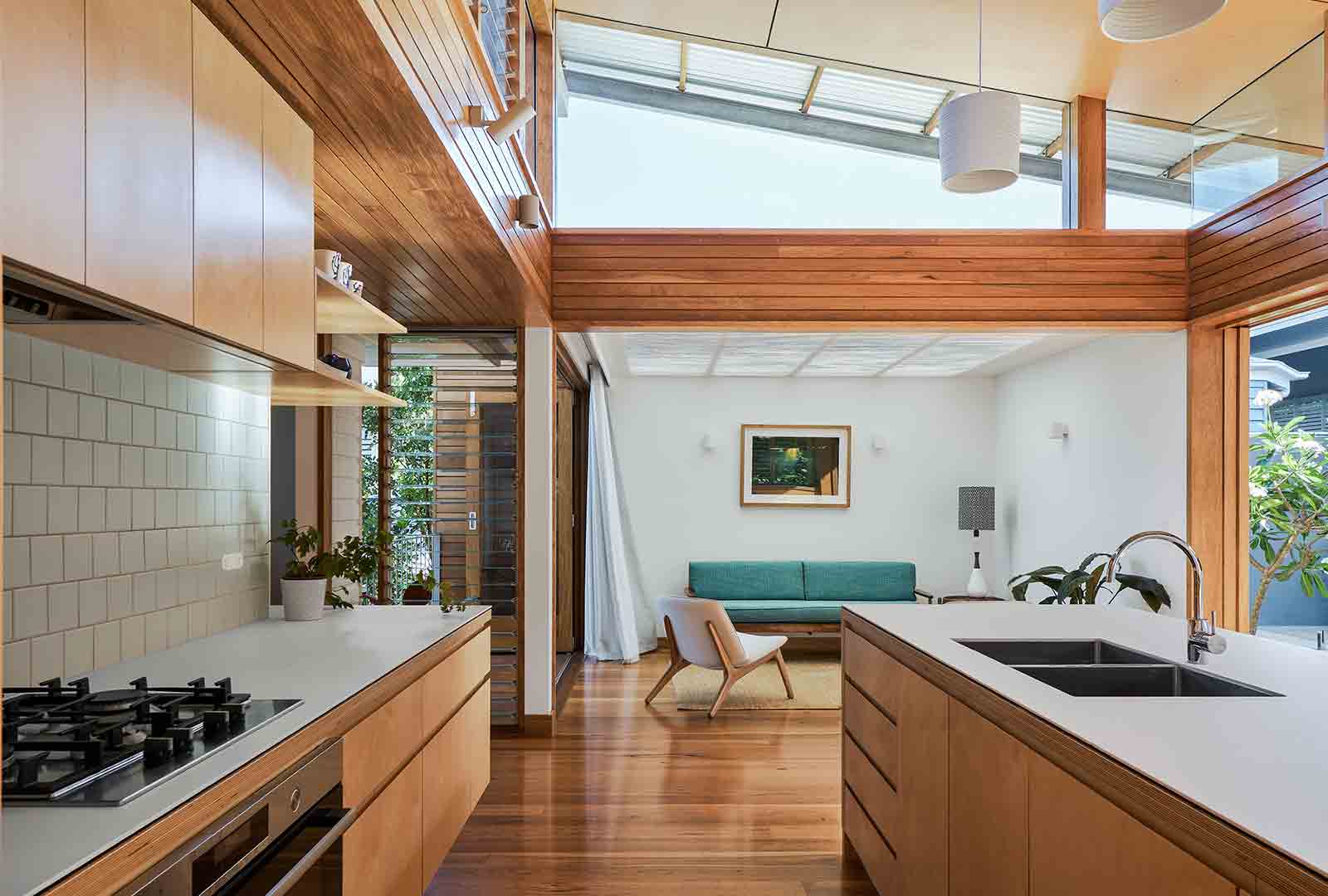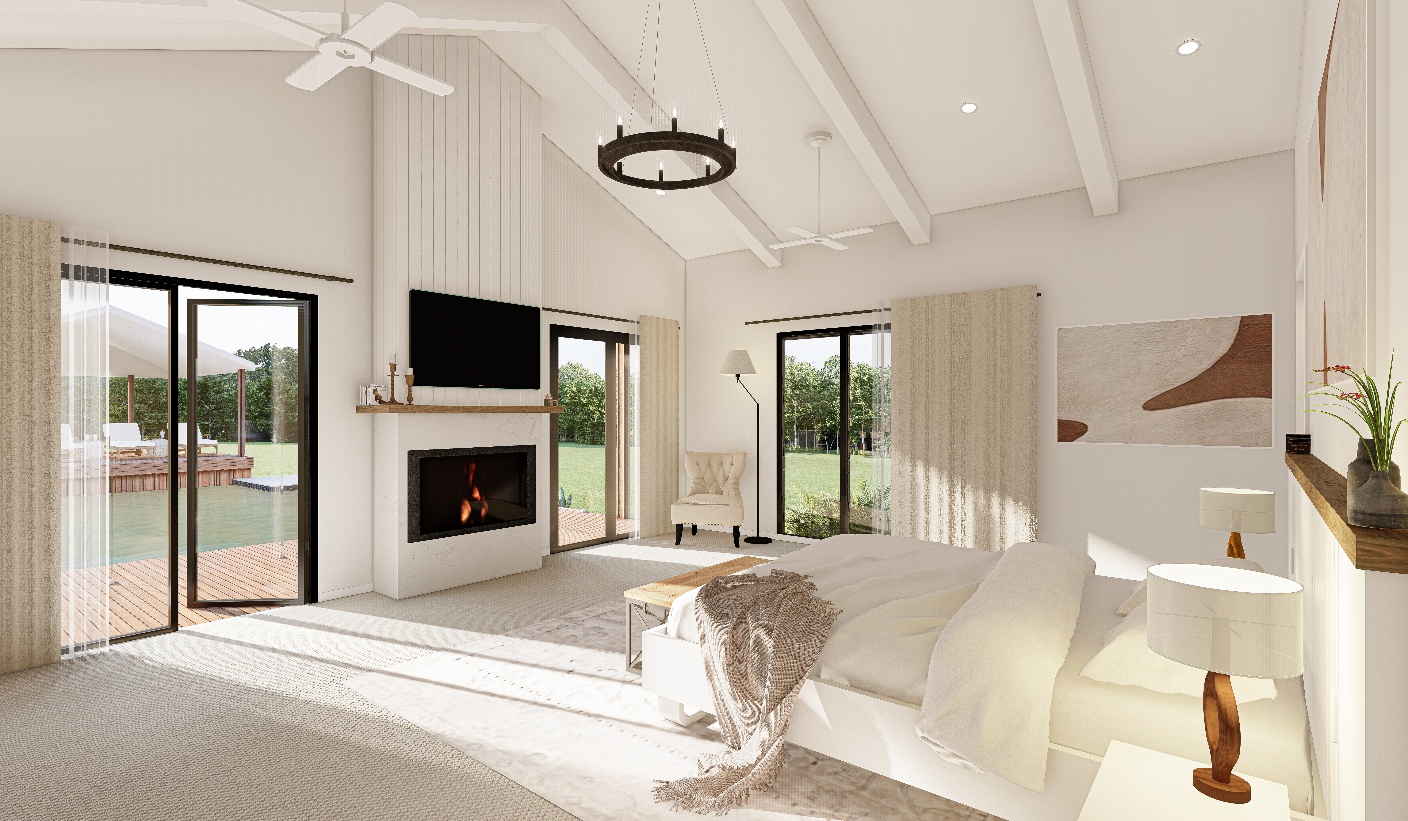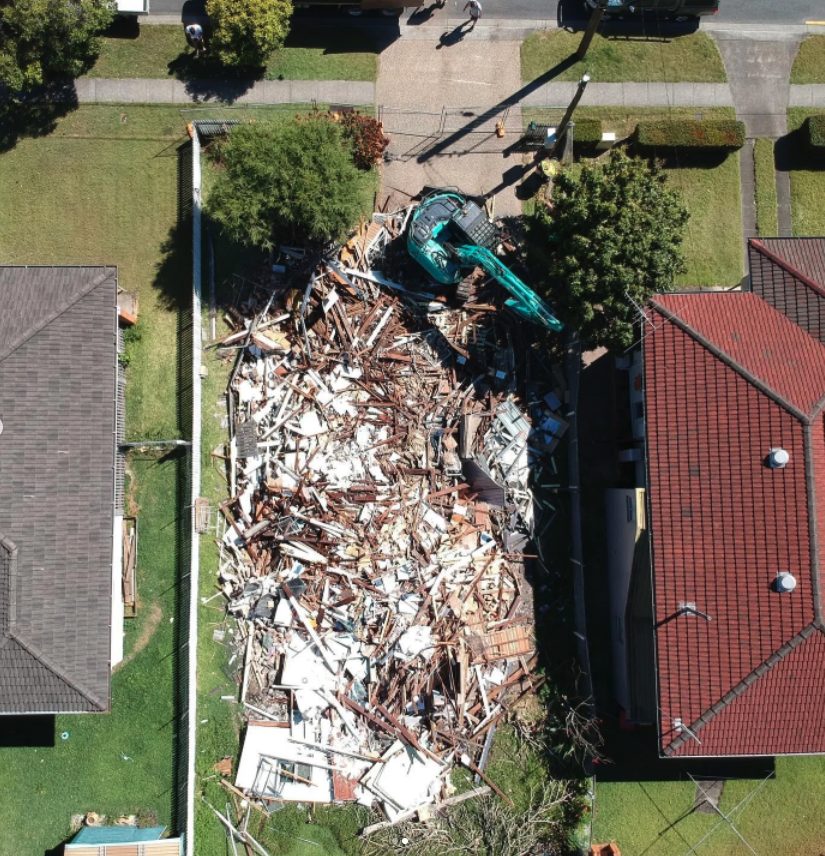What is the difference between prime cost and provisional sum?
When receiving a building quote, prime cost and provisional sum are two terms you are likely to see and will need to understand in order to make the best and most informed decision for your project.
Before we explain these terms, a word of warning. It is very common for builders to allocate unrealistically low amounts when tendering for a project, in order to prove the lowest possible quote. For this reason, we’ll outline some of the more common traps, and what to keep an eye out for in order to avoid them.
Prime Cost
Simply put, prime cost is an allowance for the supply and delivery of an item (e.g. taps, baths, light fittings etc.). This allowance does not include the cost of any work that relates to the item (such as the installation).
A prime cost allowance is given for one of two reasons:
- At the time of tender or contract signing, the precise item or model of item haven’t yet been selected (i.e. as the proprietor/owner you likely haven’t selected the precise model of taps you want at this stage of the process)
- When the contractor has not been able to provide a fixed price at the time of entering into the contract.
What this ultimately means is once you are at the stage of the build process to select the precise type, model and quality of items to have installed in your build - the cost of these may not line up with the prime cost allowances initially provided. This is a common cause of ‘bill shock’ for customers and can be due to builders quoting the prime costs based on the cheapest possible items and materials in order to win a job.
This is why when reviewing prime cost allowances given, it is critical that you make sure the allowances given match the quality of finish you are expecting.
Provisional Sum
Is an allowance provided for the total cost of both the supply and installation of an item or material (i.e. joinery, landscaping, air conditioning, rock removal).
It is important to keep in mind that while provisional sums aren’t always easy to plan for (i.e. landscaping costs can be affected by conditions that did not show up in a soil test), you should feel equipped with a reasonable level of understanding of the potential costs and possible outcomes associated with any work quoted as a provisional sum.
To make sure you understand the allowances given fully, speak to your builder to make sure they have into account all of the potential risks and outcomes. A quality home builder will take the time to answer your questions and ensure you are provided the information you need to make an informed decision.



